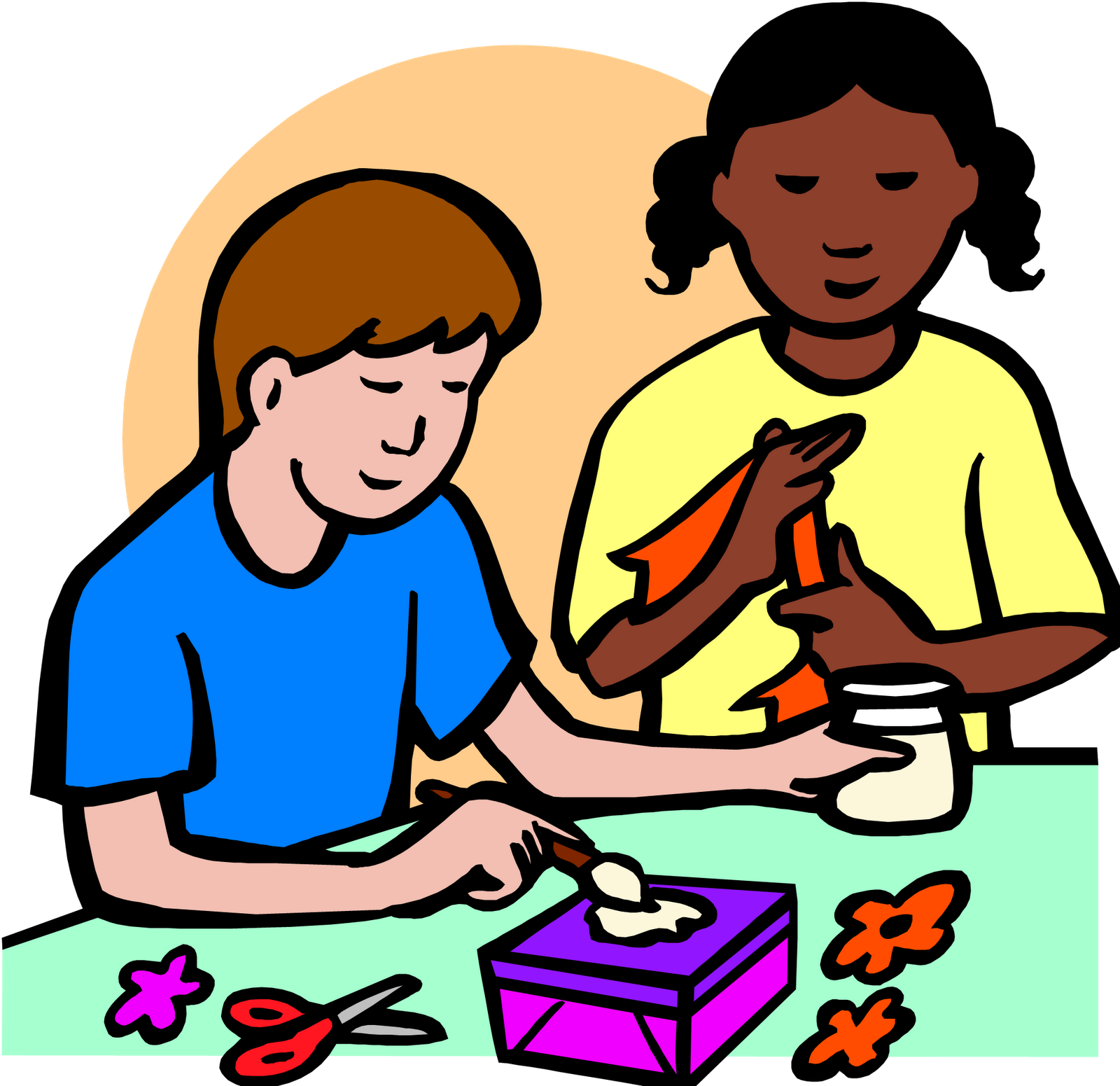Understanding BMing in Gaming: Meaning, Impact, and How to Respond
Introduction: The Role of Etiquette in Online Gaming
Online gaming thrives on competition, teamwork, and community. However, not all interactions are positive. The term BMing frequently arises in multiplayer environments, prompting questions about its meaning, impact, and how to handle it. Understanding this behavior is vital for anyone seeking a more enjoyable and inclusive gaming experience.
What Does BMing Mean in Gaming?
In gaming,
BMing
is shorthand for
“bad manners”
. It refers to actions or communications that are considered
rude, disrespectful, or unsportsmanlike
within a game. BMing can occur in both casual and competitive contexts, and it typically involves a player going out of their way to irritate, belittle, or provoke others rather than focusing on fair play or sportsmanship
[1]
,
[2]
,
[3]
.
Origins and Evolution of BMing
While the phrase “bad manners” has roots in traditional sports and social conduct, its abbreviation as “BM” gained popularity with the rise of competitive online games, particularly in the real-time strategy genre such as
StarCraft
. As online multiplayer and esports communities expanded, so did the use of “BM” as a quick way to call out disrespectful behavior
[1]
,
[2]
.
Common Examples of BMing
BMing can take many forms, and its severity ranges from mild annoyance to outright harassment. Some of the most recognized behaviors include:
- Insulting or mocking opponents in text or voice chat, often with sarcastic, condescending, or belittling remarks.
- Taunting through emotes or repeated in-game actions (such as dancing on a defeated player’s body).
- “Teabagging” : Crouching repeatedly over an opponent’s character after defeating them, a classic example of in-game BM meant to mock.
- Shooting already eliminated opponents or continuing to attack in a way that serves no gameplay purpose except to humiliate.
- Spamming emotes or chat messages to distract or annoy other players.
- Refusing to play seriously (“throwing” matches), purposely feeding the enemy, or exposing teammates’ positions.
- Deliberately stalling the game when victory is assured, to prolong an opponent’s frustration.
- Using offensive usernames or graphics to provoke reactions.
These actions not only disrupt the flow of the game but can also create a toxic environment that discourages new and experienced players alike [3] , [4] .
Why Do Players Engage in BMing?
The motivations behind BMing are complex and can include:
- Frustration or Anger : Players may lash out due to in-game losses or perceived unfairness.
- Desire for Dominance : Some enjoy asserting superiority by humiliating opponents.
- Entertainment or Humor : BMing can be performed as a joke, especially among friends, though what’s funny to one person may be offensive to another.
- Group Mentality : In team games, negative behavior can escalate when groups encourage each other.
- Online Anonymity : The lack of face-to-face interaction can decrease empathy and increase disruptive behavior.
Regardless of intent, the outcome often damages the gaming experience for others and can perpetuate a toxic community atmosphere [2] .

Source: pinterest.com.mx
Impact of BMing on Gaming Communities
BMing has a measurable effect on both individual players and the broader community. Frequent exposure to toxic behavior can lead to:
- Decreased enjoyment and increased frustration among players.
- Lower player retention , as new or casual gamers are discouraged from returning.
- Escalation of negative behavior , as BMing can be contagious and normalize poor sportsmanship.
- Reputation damage for games and platforms known for toxic communities.
Developers and community managers are increasingly aware of these impacts and have implemented reporting and moderation systems to discourage BMing [3] .
How to Handle BMing: Practical Steps for Players
If you encounter BMing, there are several constructive strategies to protect your gaming experience and contribute to a healthier environment:
- Mute or Block Offenders : Most games offer tools to mute voice or text chat from disruptive players. Use these features to minimize exposure to toxic behavior.
- Report Unsportsmanlike Conduct : Take advantage of in-game reporting systems to flag repeated or severe BMing. This helps community managers identify problem players and enforce codes of conduct.
- Don’t Engage or Retaliate : Responding in kind often escalates the situation. Maintain composure and focus on your gameplay or positive team interactions.
- Promote Positive Play : Encourage sportsmanship by congratulating opponents on good plays, offering constructive feedback, or simply saying “GG” (good game) at the end of matches.
- Take Breaks When Needed : If negative interactions are affecting your mood, step away from the game to reset and avoid burnout.
For specific guidance, consult the official support or help sections of your game or platform. Many titles have dedicated resources and community guidelines addressing BMing and toxic behavior.
Alternative Approaches and Community Solutions
Communities and developers can address BMing through various initiatives:

Source: confusedwords.org
- Community Moderation : Appointing trusted players as moderators can help curb negative behavior in forums and in-game chat.
- Education and Awareness : Launching campaigns to highlight the impact of BMing and promote positive gaming values.
- Reward Systems : Implementing incentives for good sportsmanship, such as in-game rewards or recognition for positive behavior.
Players can contribute by sharing experiences and solutions on official forums or social media, and by supporting others who are targeted by BMing.
Conclusion: Fostering Respect and Enjoyment in Gaming
BMing, or bad manners, is a persistent challenge in online gaming, but understanding its meaning and impact is the first step toward creating a better environment. By recognizing unsportsmanlike behavior, using available tools to address it, and modeling positive conduct, players can help ensure that gaming remains fun, fair, and welcoming for everyone. For more information or to report BMing, refer to your game’s official help center or community guidelines.



